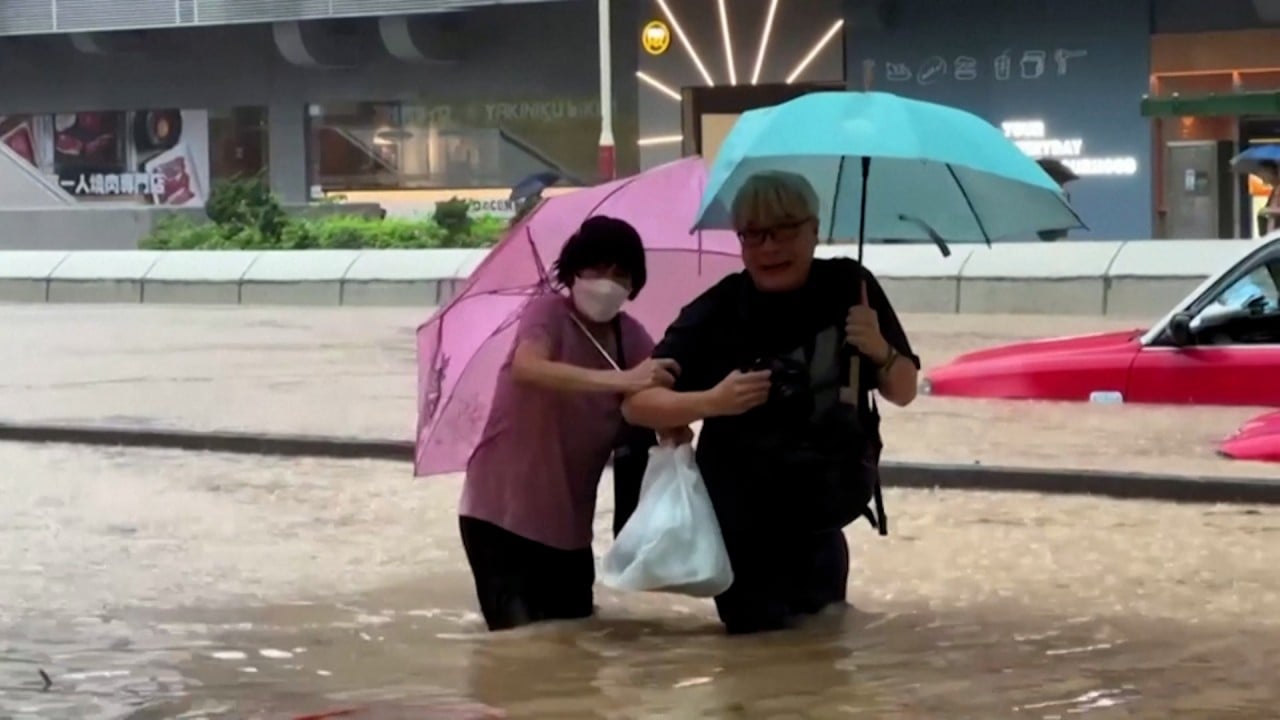“In our first year of operation in this market, our main goal was to build an ecosystem,” she said. “Besides trading volume, we have been building a client base, which has grown from just over 20 when it debuted to almost 80 today. It is quite encouraging.”
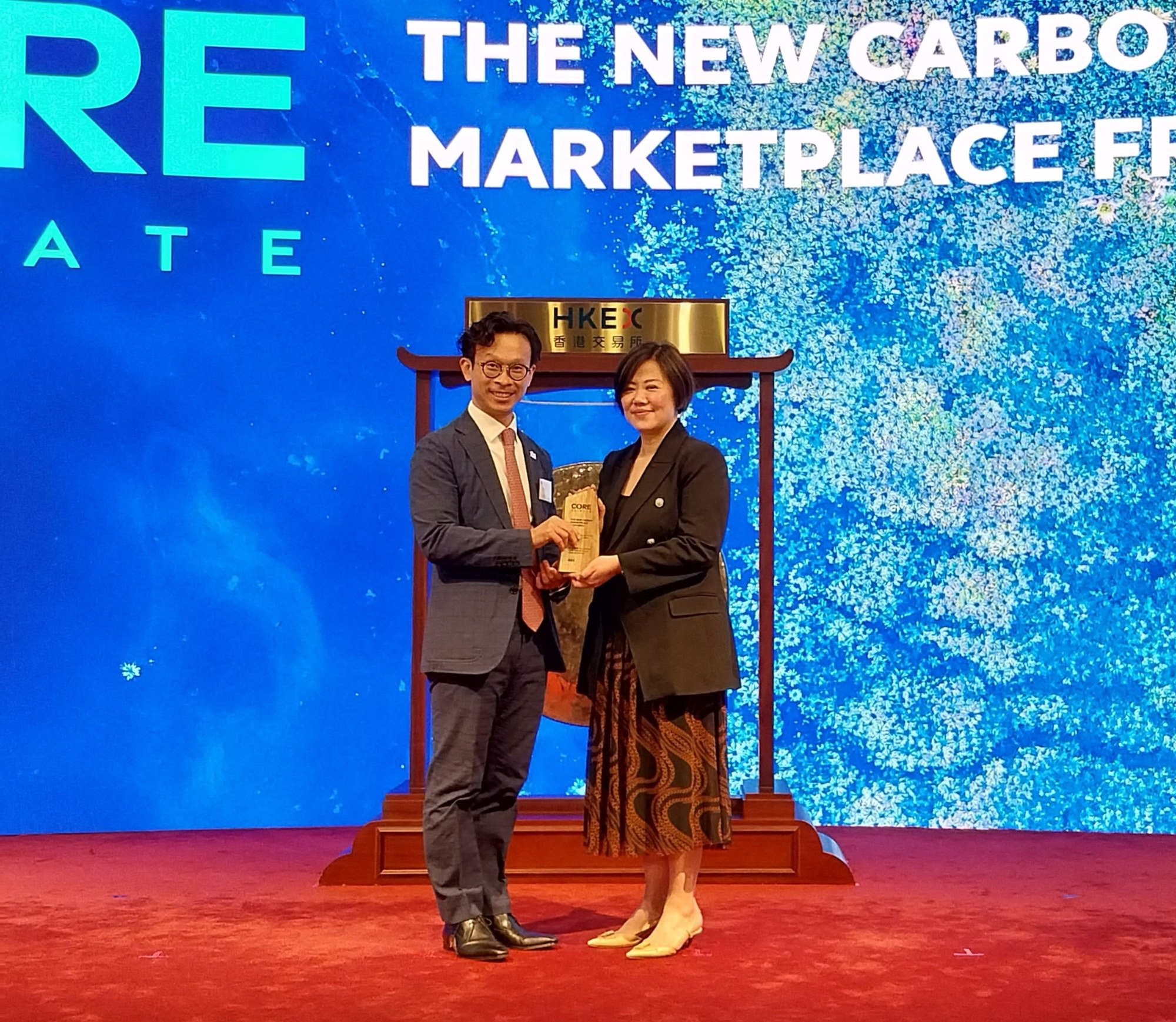
“It was inevitable that some impact was felt, including carbon trading prices which have fallen year on year,” she said. “There are multiple international initiatives that are ongoing which will help address the carbon quality issue.”
There are two broad types of carbon credits. Compulsory schemes impose caps on emissions; polluters that exceed their limits must buy credits from those that emit less than their permits. Voluntary credits are used to offset carbon footprints that companies cannot reduce economically in their own or their suppliers’ facilities. Mainland China has both types, while Hong Kong has no compulsory regime.
Cross-border trading of credits promises to channel funding from developed markets to projects in developing nations, which could reduce by up to US$250 billion the global cost of meeting the emission reduction targets that nations have committed to, according to the International Emissions Trading Association.
After two years of rapid growth, the voluntary market – worth US$2 billion in 2021 – slowed last year, the World Bank said in a report this month, as supply of new credits and demand from end users both fell slightly.

“Challenging macroeconomic conditions also impacted carbon credit markets … compounded by prominent public criticism of the integrity of some carbon credits and continued uncertainty around best-practice use of carbon credits by companies for voluntary purposes,” the World Bank said.
Voluntary credits typically trade via over-the-counter markets, where buyers and sellers make deals directly, without going through a centralised exchange or broker. Transaction prices and volumes are usually kept private.
“Currently the voluntary market is not regulated,” said Jennifer Wu, global head of sustainable investing at JPMorgan Asset Management. “There is no accountability. It is like the ‘wild west’ globally.”
Confidence suffered over the past year as a result of media reports that credits for certain forest conservation projects had been sold and claimed multiple times by both companies and governments towards their climate-mitigation efforts, vastly inflating the benefit, Wu said.
Reports also surfaced in Europe and Asia that some forest protection projects grossly overstated the areas prone to deforestation, or were undermined by a shift in emissions to areas outside the projects’ boundaries.
As a result, corporate demand for carbon credits fell last year for the first time since the mid-2010s and has remained soft this year, according to a report by research firm Sustainable Fitch last month.
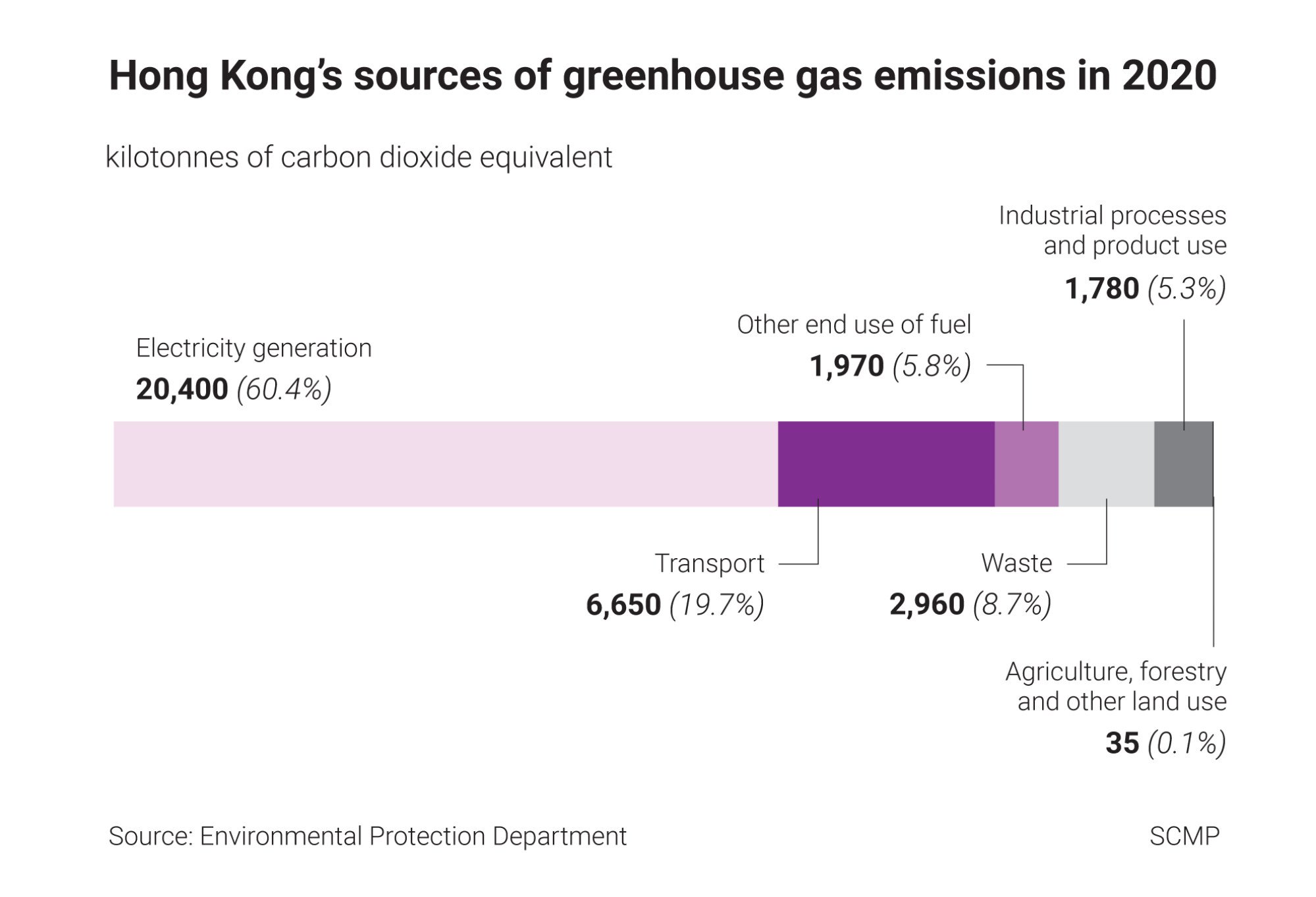
The price of nature-based carbon credits plunged from almost US$15 per tonne of carbon dioxide in last year’s first quarter to around US$2 in the second quarter of this year, according to S&P Global Platts data cited in the World Bank report. Credit prices of other types of project also declined to a lesser degree.
The effort aims to ensure that the creation and use of carbon credits are publicly quantifiable and traceable, with the environmental benefits verified by an independent third party.
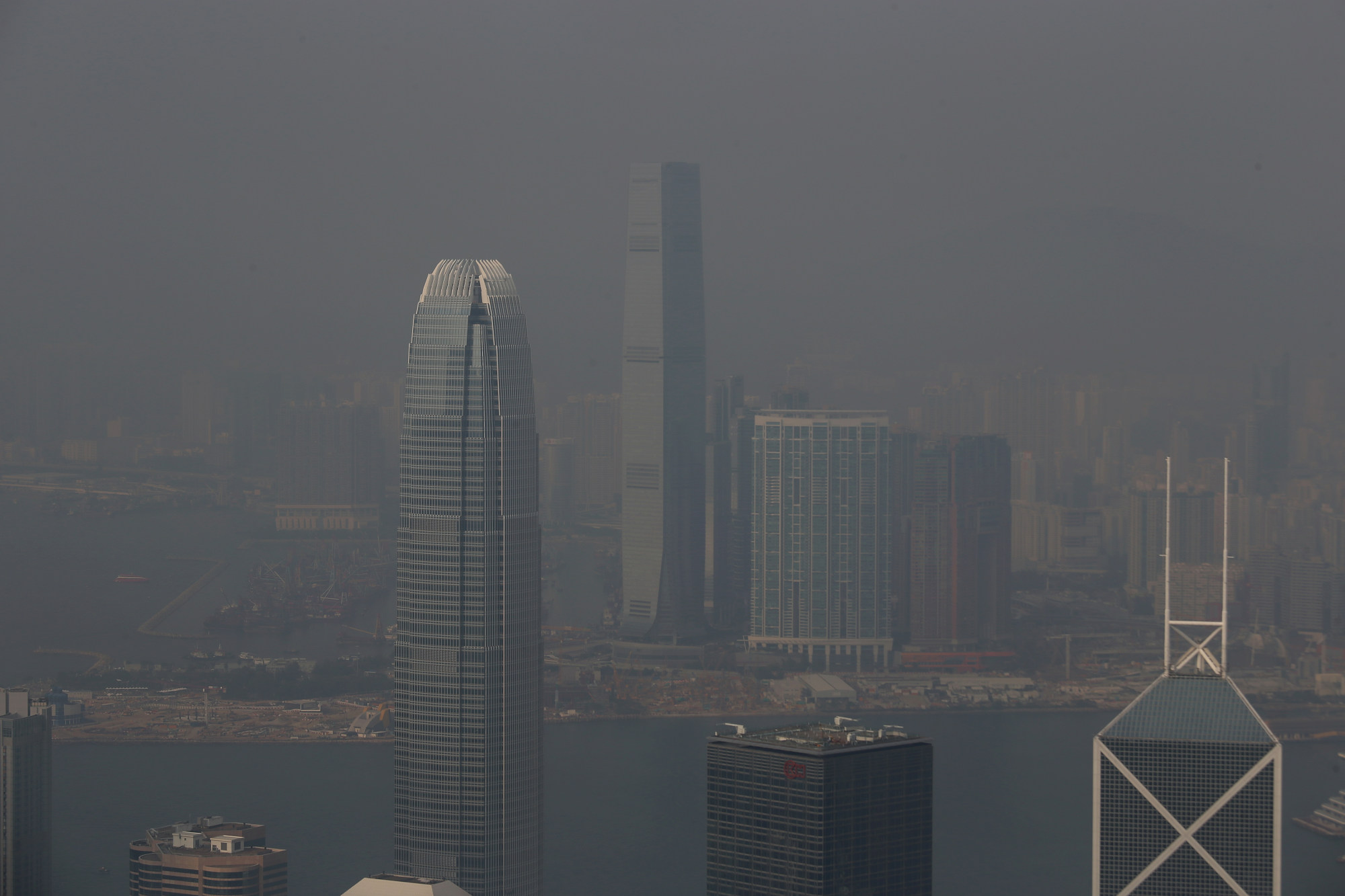
To provide some quality assurance, HKEX has also imposed admittance criteria for Core Climate, such as the credits’ vintage – or year of issuance – and project locations, said Ken Chiu, head of carbon and environment, social, governance (ESG) products.
Some Hong Kong blue chip companies have followed the VCMI’s guidance. Property company New World Development, one of the first credit buyers on Core Climate, has yet to retire the credits it bought, a spokeswoman said. They were generated by forestry projects in China.
Hong Kong’s hottest summer ever – a visual explainer
Hong Kong’s hottest summer ever – a visual explainer
While “a keen supporter” of voluntary carbon markets, the company has not purchased credits from other marketplaces, choosing instead to focus on reducing its carbon footprint through “optimisation of existing asset portfolios and driving overall operational efficiency”, she said.
Property-to-aviation conglomerate Swire Pacific prioritises the reduction of its emissions in line with SBTi standards, and where it needs to buy credits it prioritises CCP-compliant credits, said Mark Harper, group head of sustainability.
Despite Core Climate’s growing pains, Hong Kong is well positioned to play a leading role in supporting China’s climate transition by channelling international funds to green projects there, HKEX’s So said.
After the buzz has gone, the slog starts on Hong Kong’s carbon market
After the buzz has gone, the slog starts on Hong Kong’s carbon market
Hong Kong’s weather is getting hotter and more extreme
Hong Kong’s weather is getting hotter and more extreme
What is missing is a data-rich, cross-border green finance structure that tracks and facilitates the flow of capital and environmental financial products like carbon credits and renewable energy certificates into and out of China “in a manner that respects China’s data management requirements”, he said.
Sweltering heat in Hong Kong, extreme weather show need to act now, scientists say
Sweltering heat in Hong Kong, extreme weather show need to act now, scientists say
Hong Kong should collaborate with China Beijing Green Exchange to harmonise mainland standards with international standards for high-quality credits, said Jeff Huang, co-founder of AEX Holdings, which facilitates forward electricity and carbon credits trading in China.
“It is conceivable that a ‘carbon connect’ mechanism could be established between spot CCER trading in Beijing and, ideally, multiple trading platforms in Hong Kong, similar to the Stock Connect,” Huang said.
Can Hong Kong help cut through the alphabet soup of global ESG rules?
Can Hong Kong help cut through the alphabet soup of global ESG rules?
Hong Kong can also leverage its expertise in financial products design to channel international investment into carbon reduction projects, said Grace Hui, CEO of carbon financing firm Net Zero Asia.
“The role I see for Hong Kong is to apply its expertise in the structured products and derivatives markets and help China create an active international futures market for their carbon emission allowances and CCER,” she said.
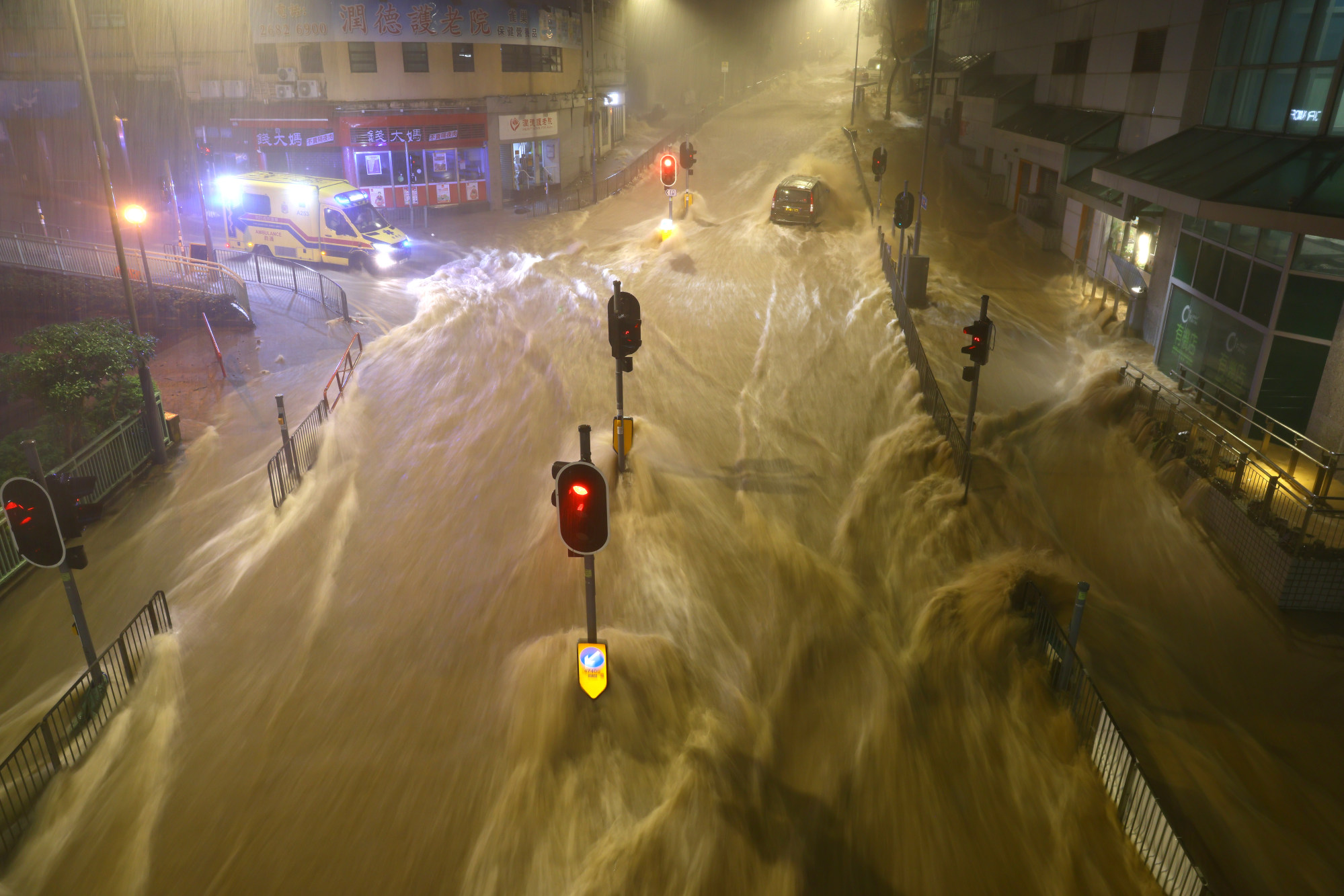
“We are exploring the feasibility of bundling projects of similar quality into standardised products to further drive trading activity,” said HKEX’s So.
HKEX is also actively exploring possible ways to connect with mainland trading schemes, Chiu said.
“We will explore all potential mechanisms that ultimately help support China’s objectives of achieving its climate goals,” he added.
